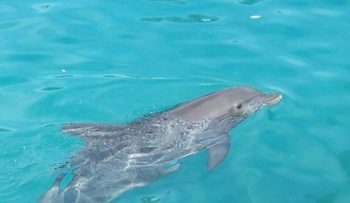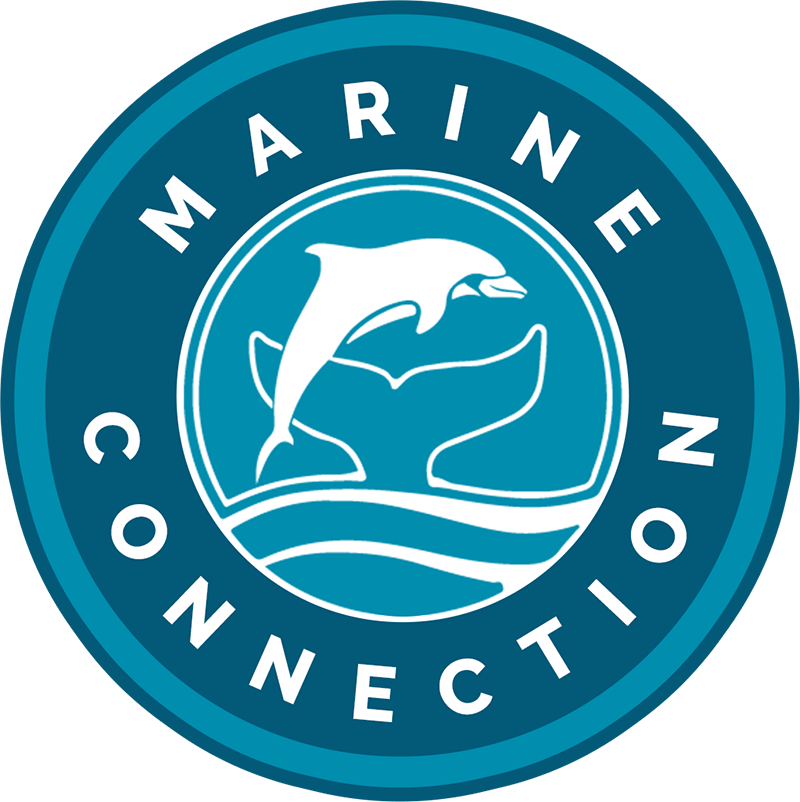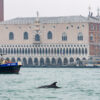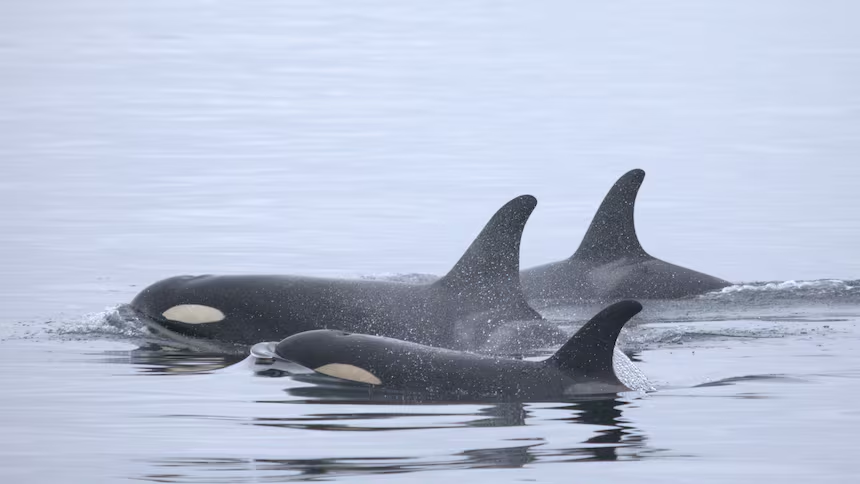
More than 3,000+ dolphins and whales are held in tanks around the world, purely for the benefit of humans and sadly, another dolphin calf has been born in captivity. This time at Duisburg Zoo in Germany. In this guest blog, Marine Connection volunteer Kayleigh Brookes explains why inbreeding in captivity happens regularly and is a direct result of the human-controlled environment the animals are forced to live in.
Another dolphin has been born into a life of confinement. Just over a month ago, a bottlenose dolphin called Debbie gave birth to her first calf at Duisburg Zoo in Germany. The calf, a male, joins eight other dolphins currently kept captive at this facility. The zoo claims it is not sure who the father of the calf is, and paternity tests are being carried out. However, there are only two male dolphins at Duisburg Zoo – one of whom is Debbie’s father and the other is her half-brother. Either way, this new calf is inbred. Inbreeding is something that can occur in the wild, however, it is rare as populations have mechanisms to mitigate against this, such as the dispersal of youngsters from pods at certain ages, and mixing with other pods. Nature has ways of avoiding inbreeding because it’s harmful – it diminishes the gene pool and causes populations to be less able to adapt to changes and more vulnerable to diseases.
Inbreeding in captivity happens much more regularly and is a direct result of the human-controlled environment the animals are forced to live in. Marine parks breed animals without consideration for their needs or welfare. New mother Debbie is an example of breeding at too young an age – she is only six years old. In the wild bottlenose dolphins typically begin reproducing at around 8 – 10 years old. Despite what captive facilities may claim, captive breeding does not benefit the species or diversify the gene pool – especially when the calves they are producing are inbred. Captive breeding is carried out to increase the number of dolphins available for display and to perform shows to the public, which benefits only the company that pockets the profits. Marine Connection believes this is wrong and works hard to phase out the keeping of dolphins and whales from a lifetime of captivity.



